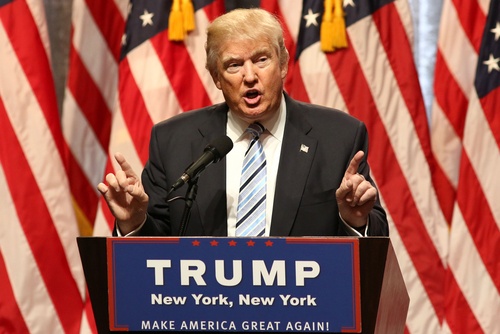Key Takeaways:
- The Wall Street Journal (WSJ) strongly criticizes President Trump’s new drug pricing plan, calling it his worst idea since tariffs.
- The plan could have harmful consequences for prescription drug markets.
- The WSJ argues that the proposal isn’t effective and could worsen healthcare costs.
A Controversial Plan Criticized
The WSJ’s conservative editorial board has openly criticized Trump’s plan to cap drug prices in Medicaid based on international prices, labeling it a recipe for disaster. This plan, they argue, could damage the prescription drug market and fail to solve the intended problems.
What’s the Plan?
Trump’s proposal aims to set a cap on Medicaid drug prices at the lowest rate paid by other developed countries. The idea is to provide relief to Americans facing high drug costs.
Why the WSJ Opposes It
The WSJ counters that Medicaid already secures significant discounts on drugs through rebate programs. These rebates can be over 50% of drug spending, meaning the government often pays little to nothing for some medications.
Medicaid Spending: Drugs account for only about 4% of Medicaid spending. Hospital costs, in contrast, are ten times higher. Even slashing drug prices drastically wouldn’t save enough to meet budget goals.
Long-Term Costs: The WSJ highlights that cheaper drugs can prevent expensive hospital visits. For example, hepatitis C treatments, while costly upfront, can save billions in long-term care by curing the disease.
Risks of the Plan
The board warns that forcing drug companies to sell at such low prices could lead them to stop supplying Medicaid. This would reduce access to essential medications, potentially increasing the burden on Medicaid as untreated illnesses lead to more hospitalizations.
Conclusion: Call for Better Reform
The WSJ urges Republicans to avoid this plan, emphasizing that it could set a precedent for broader price controls. They advocate for more effective Medicaid reforms that avoid harmful unintended consequences. The editorial serves as a cautionary note, urging policymakers to seek solutions that balance cost control with sustainability.
